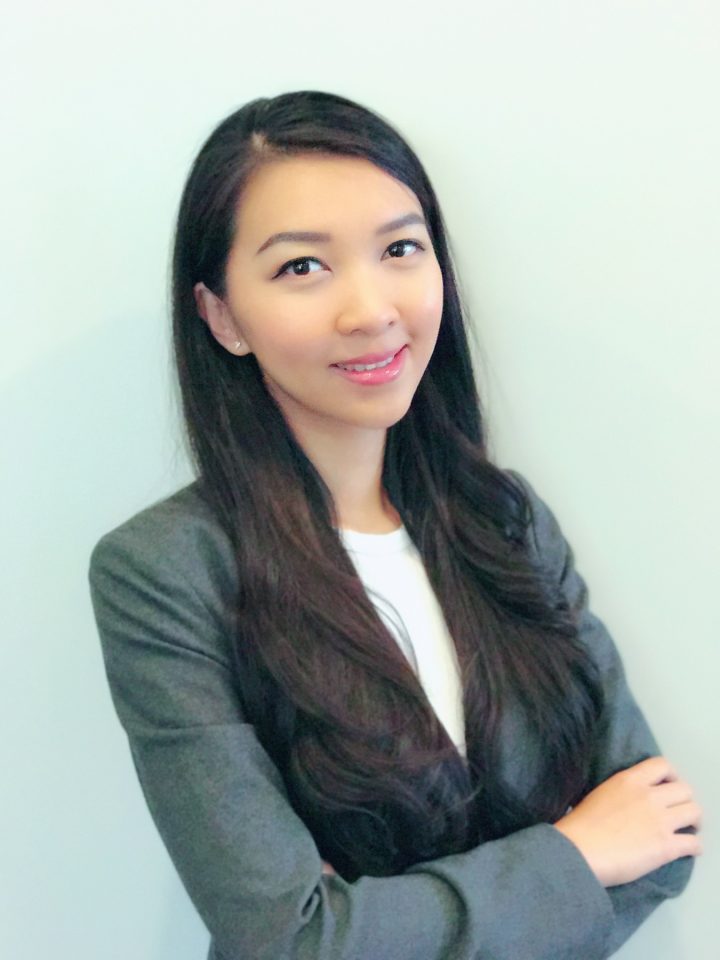
Can you tell us a little bit about the kind of work that you do?
I’ve worked with two employers since graduation. I was first hired as a Mechanical Design Engineer with LB Foster Rail Technologies. The company is specialized in providing rail/wheel interface friction management solutions, products and expertise to worldwide railway customers. My main responsibility was to design hardware and implement friction management systems on transit and metro trains in order to reduce wheel/rail wear, extend wheel/rail life, reduce noise and growth of corrugation and achieve other product benefits. I managed multiple international projects at various design phases from initial design specification development, to concept/detailed design, to design verification and validation, to quality inspection and to final product implementation and ongoing customer support. I also ran trials to ensure the product met the targeted requirements and troubleshot when there were mechanical failures in the field.
I’m currently employed with Honeywell Process Solutions (HPS). HPS offers a full range of automation and control solutions and advanced software applications to key vertical industries including: oil & gas, mining, refining, pulp & paper, power, chemical and life sciences. As a mechanical engineer, my responsibilities include mechanical design, implementation, integration, testing and validation of assigned products, mainly sensors and scanners.
What have been the turning points and milestones in your career?
The turning point thus far was a job change. I left the company and industry that I was familiar and comfortable with for a new industry that I have little experience with. I was a bit concerned that I had to start all over again at the beginning. It’s been a year into my new job with Honeywell and I will say this is one of the best choices that I’ve made in my career. The new job opened a door for me to automation and control as well as the field instrument industry. During the last year, I’ve continuously been challenged and have been pushed to grow fast. I really cherish the opportunity to work on a diverse team of talented people from different disciplines who have inspired me to push myself and become better each and every day. The experience makes me believe that one should never be afraid of starting over; starting over could be the best way to build up our knowledge and experiences, enrich skillsets and broaden our horizon. Stepping out of our comfort zone will definitely push us to grow faster and become the best we can be. Honeywell also focuses on work-life balance and provides many fitness and social activities. I’m glad I joined a company that can help me grow as a professional and as a person.
What is a fact about your work that people might find surprising?
I think people may be surprised to find how many different disciplines of engineers are involved in developing a sensor. On my current project, the team consist of mechanical, electrical, software, certification engineers and physicists. It’s definitely a collaboration cross multiple disciplines. As a mechanical engineer, I think it’s not good enough to only know the mechanical side of things; it’s important to understand the overall picture and be able to connect the dots by staying updated with other engineering disciplines.
What do you consider your greatest achievement in life so far (personal, professional, or both)?
I’m proud to see the devices I designed are being used in many places worldwide. Especially when I visit a foreign city and ride on their metro systems, it gives me a sense of pride and fulfillment knowing that the equipment I designed are installed on the trains and bring benefits to daily life.
I’m also proud that I established a new and exciting life in Canada. I first came to Vancouver as an international student to pursue a MASc degree at UBC Mech Department. Landed in Canada with two suitcases and not knowing anyone, I started this new and unknown chapter of my life. Nine years have flown by. Looking back, I’ve completed school, entered the industrial workforce growing from a new grad to a professional engineer; had the opportunities to work with so many talented coworkers and mentors, and found ways to give back to the community and society. I also made many friends and established a family here. Now I can proudly call Canada my home.
What was your favourite class at UBC, and why?
I did my grad study at UBC and only attended a limited number of classes. Among which, my favorite is computational mechanics. It expands on the science behind finite element method. Finite element analysis is a very commonly used simulation tool to solve complex problems. Talking about FEA, many engineers may be proficient with software like Ansys, solidworks simulation, etc., but not as many people fully understand why certain types of elements /loading/boundary conditions are applied to solve certain problems. This course gave me a thorough understanding of FEM, in-depth knowledge in deriving different types of elements, and helped me setup models and interpret results more accurately other than just push buttons.
What do you feel are three habits necessary for highly successful engineers?
First one is detail orientated. With engineering work, sometimes a small error can cause major delays, significant cost loss or even a failure to a project. Paying attention to details can help us deliver high quality work accurately, efficiently and consistently. It is a vital component of success.